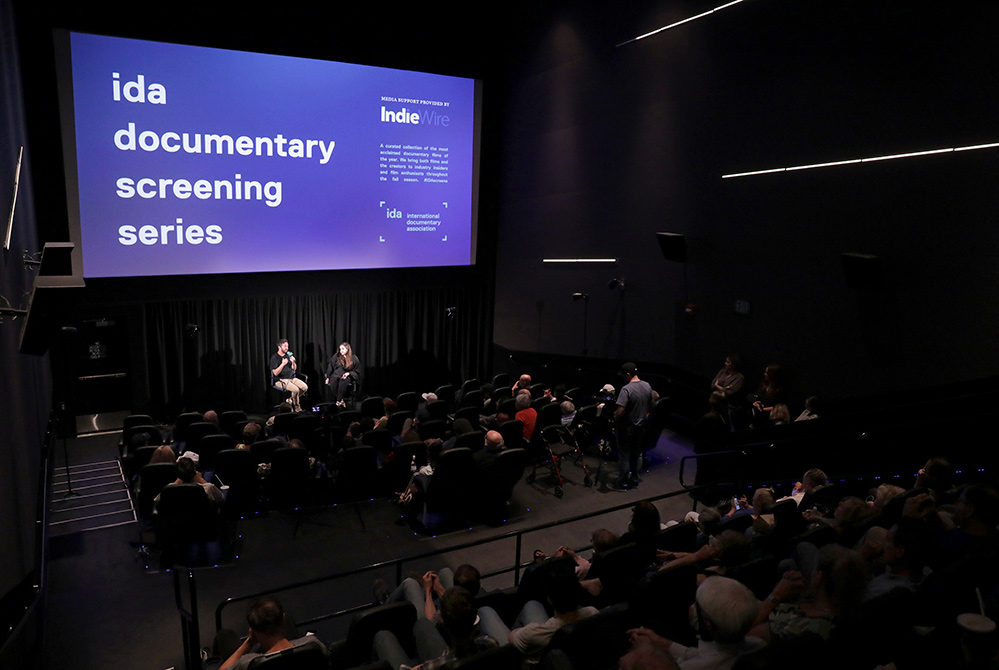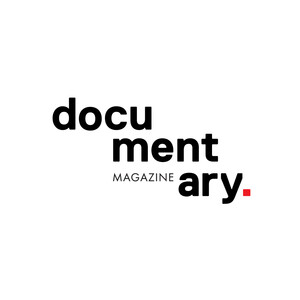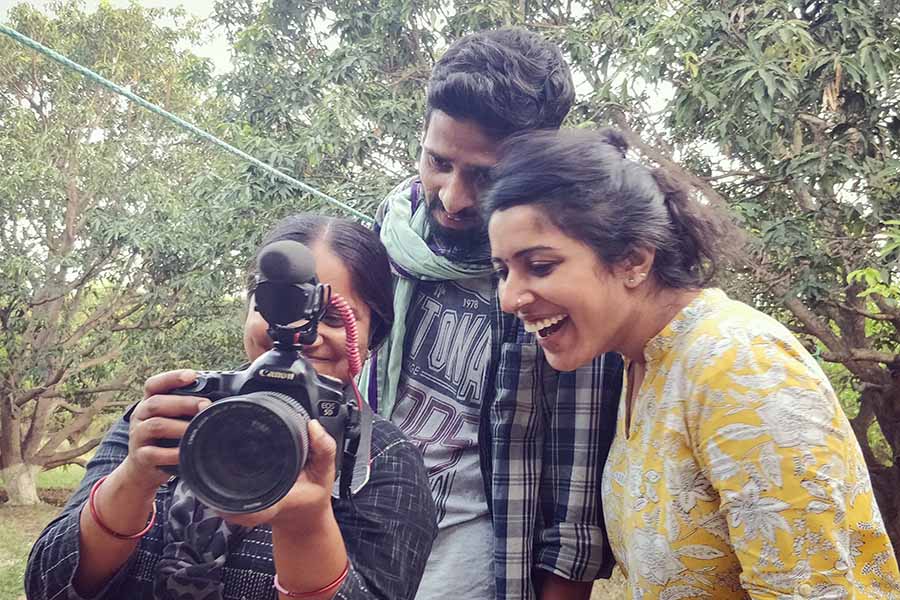Completing and promoting a film under "normal" circumstances is difficult enough, but imagine the impossibility of pulling this off in the midst of a pandemic! That’s exactly what our IDA Documentary Screening Series grantees managed to do. This year, IDA supported 11 filmmakers from historically underrepresented communities through its in-kind grants, in an effort to help minimize the financial costs associated with pursuing a film awards campaign, and support a more equitable documentary culture. Here is a short conversation with some of our 2020-2021 grantees. What was the most challenging
IDA Events News & Recaps
News & Blogs

It is no secret that documentary filmmaking has a complicated legacy when it comes to supporting the survivors of gender-based violence. Even with the best intentions, many filmmakers fall into dangerous extractive patterns and use practices that end up doing more harm than good for a participant. Last week, IDA and the Documentary Accountability Working Group hosted a panel discussion on how filmmakers and journalists can ethically tell these important stories without harming survivors. Here are six key takeaways from the discussion, as well as suggestions and resources for a trauma-informed

When the IDA Documentary Screening Series launched eight years ago in place of its annual DocuWeeks™ theatrical showcase, the goal was to present the most critically acclaimed documentaries of the year to awards voters and IDA members in both Los Angeles and New York City. While the purpose and goal of the Screening Series has not changed since its inception, the program has grown dramatically over the years. We went from screening 15 films in 2014 to nearly 50 films over four months in 2019. This enormous industry growth has led to an increasingly expensive and complex awards campaign model

The David L. Wolper Student Documentary Award, introduced to the IDA Documentary Awards in 1987, recognizes exceptional achievement in nonfiction film and video production at the university level. Bringing greater industry and public awareness to the work of students in the documentary field is an integral part of the IDA Documentary Awards, and we are thrilled to engage with these emerging storytellers in the field. Each of the 2020 IDA Documentary Awards nominees for the Student Documentary Award are transitioning between their educational institutions into the "real world" of documentary

This year’s virtual gathering of Getting Real ‘20 called for the redistribution of power within documentary practice and the removal of barriers inhibiting the expansion of possibility within the field and access to it. However, the process of actualizing such changes requires a series of transitions that move us away from the status quo to the future. Although many conversations held before, during and after the convening are grounded in that work, one in particular, “The Liberatory Canon,” illustrates a pattern of change taking place in the ecosystem that reflects current values within the

I attended my first conference in yoga pants and a t-shirt with snacks and a coffee mug on my desk, a cat and dog, and stretch breaks whenever I wanted.

Although the documentary form can take shape in reenactment, animation or other mediums, storytelling through participant interviews continues to command the craft.

Getting Real ‘20’s Main Stage programming sought to address some timely issues within the documentary community, and sparked nuanced, thought-provoking discussions among the panelists and the hundreds of viewers tuning in in real time. The “Documentary Funding Ecosystem: Building Values-Based Financial Strategies” session was one especially valuable discussion, among a group of five producers, grantmakers and film professionals. They discussed the key priorities for our community if we are to move towards a more just, equitable and value-based financial ecosystem for filmmakers of all

The digital edition of Getting Real ‘20 has underscored the driving themes—”Access. Power. Possibility.”—by serving up riveting conversations from around the world, enabling filmmakers from, say, the Global South to engage with their counterparts from the American South and map out strategies and paradigms for the future. Day Two featured a Breakout Session headed by Judy Kibinge, executive director of the Nairobi, Kenya-based DocuBox, the East African Documentary Film Fund. Joining her for a discussion of ‘“The Things We Lost—The Role of Documentary Film in the Restitution of Africa’s Erased

On Day 3 of Getting Real ‘20, we joined the breakout session “ Counteracting Extractive Storytelling In The American South And In Global Communities Of Color.” Members of the collective Indie Media Arts South (IMAS) discussed storytelling priorities in the Southern region including regionally specific programming, curating practices, and achieving authenticity and agency in filmmaking. Moderated by Amada Torruella, independent filmmaker and film curator, panelists included Ebony Blanding, writer, filmmaker and co-founder of the Atlanta-based film art house, House of June; Zandashé Brown
